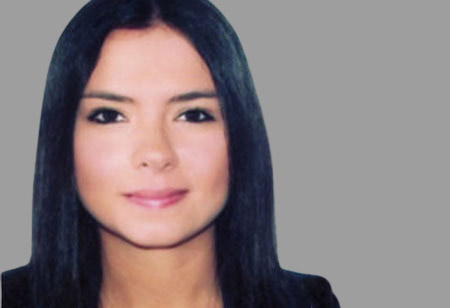1 Could you please elaborate on your role within the company and any significant initiatives that you have been associated with?
Nowadays, to lead an accounting function, one has to hold a broader range of skills from a strategic understanding of the business model to a detailed insight of the applicable accounting standards. In fact, to correctly apply specific accounting standards- as it is the case of IFRS9 - requires an in-depth knowledge of the business and a forward look on how these decisions may impact in the day-to-day recognition of risks and rewards in the financial statements.
2 Are there any novel technologies that you are optimistic about in the financial accounting sector?
Tech factors are the bulk of any successful financial innovation process. Indeed, financial ecosystem community as a whole is fueled by a growing tech trend to promote operational efficiency and business agility. In the backstage of an accounting office, these concerns are amplified by the large amount of data that needs to be processed on a daily basis. This requires a close eye on developing general ledger tools to comply with these dynamics. Artificial intelligence, machine learning, and blockchain technology are examples of trends that could boost efficiency and improve analytical skills.
3 How do you see the function of financial accounting evolving over the next five to ten years, and what challenges do you anticipate?
Accounting function will progressively grow and extend its relevance in the heart of the majority of companies, but on financial institutions in particular. The keys challenges are being raised by a growing regulatory environment and demanding timelines involved by challenges of the new digital era, such as: (i) the complexity of financial reporting increase, and (ii) the accounting skills shortage that rises new recruitment challenges.
“Current regulations are rapidly changing thus new accounting standards are constantly discussed and released with shorter implementation frameworks.”
4 What are the ethical considerations that arise in financial accounting, and how can companies ensure compliance with accounting standards and regulations?
Accounting ethics is a major topic of this role as accountant function need to be technically fit and independent while accesses to sensitive financial information needs to be adequately compliant with standards. Hence, institutions need to keep their HR investment policy focused on two pillars: (i) sound technical skills and adequate professional profile based on a relevant academic background and diversified professional resume, and (ii) a robust organizational culture founded on firm ethical roots.
5 How do companies report on their environmental, social, and governance (ESG) performance in their financial statements, and what impact does this have on their reputation and shareholder value?
ESG related initiatives are currently on the spotlight of business focus and accounting is definitely playing an increasingly valuable role. Although ESG often centers the debate on strategy and performance, it can also impact tax liabilities and financial reporting. Risks and opportunities related to ESG issues may have impact on amounts reported and/or disclosed in the context of financial statements. Hence, entities should consider certain ESG topics as inputs to accounting analysis (ex. value estimates).
6 What is your advice for other senior leaders and CXOs working in the financial accounting domain.
To promote, encourage and develop talent. Current regulations are rapidly changing thus new accounting standards are constantly discussed and released with shorter implementation frameworks. To ensure your team ability keeps you up to these changes.
To be aware of market competitors and new market trends. This requires constant benchmarking and permanent knowledge of how our competitors are facing these challenges apart from supporting business activities and delivering back-office concerns.
To take advantage of IT with a purpose to promote compliance concerns and to save time for value-added activities.












